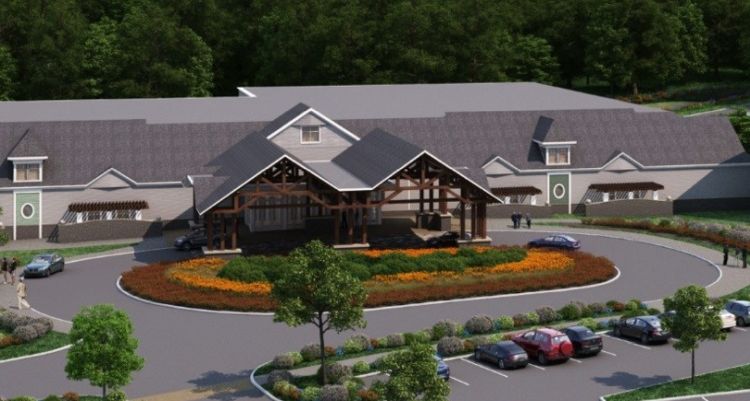In Rhode Island, a proposal that would see casino operator Twin River Management Group Incorporated transfer the license for its Newport Grand Casino slots-only property to a new full-scale Twin River Tiverton Casino Hotel facility has won the approval of local voters.
According to a report from The Boston Globe newspaper, the American firm passed a state-wide ballot on Tuesday that approved altering the small New England state’s constitution to allow for the 15-mile move but the outcome of a similar local referendum remained in doubt pending the result from some 800 postal ballots.
The Rhode Island Board Of Elections reportedly confirmed yesterday that the plan narrowly won the Tiverton contest by a vote of 4,305 in favour versus 3,939 against, which means that the Newport Grand Casino will now close in preparation for the opening of the new Twin River Tiverton Casino Hotel as soon as the summer of 2018.
“We will now begin the process of developing the Twin River Tiverton Casino Hotel,” said John Taylor, Chairman for Twin River Management Group Incorporated. “We will do so understanding the town’s great sensitivity to the environment, the critical need for traffic improvements near the casino, and the importance of public safety.”
The plan from Twin River Management Group Incorporated calls for the Twin River Tiverton Casino Hotel to be built only 380 feet from the Rhode Island border with Massachusetts with the venue offering up to 1,000 slots alongside 30 gaming tables. The firm, which also operates the nearby Twin River Casino along with the Hard Rock Hotel And Casino in Biloxi, Mississippi, stated that the new facility will be located on William S Canning Boulevard and additionally feature an 84-room hotel as well as a restaurant, three take-away eating establishments and an entertainment venue.
Twin River Management Group Incorporated first proposed the Twin River Tiverton Casino Hotel in April of 2015 and explained that the new enterprise could create up to 300 new area jobs while it has moreover agreed to pay the local municipality a casino host fee worth $3 million a year alongside $1 million in annual property, hotel and meal taxes.
“We take our role as a good corporate citizen quite seriously and that just doesn’t stop with this successful outcome,” said Taylor. “We will continue to listen closely and work hard to be a good corporate neighbor in our new community.”
New Jersey and Massachusetts failed to pass casino ballot initiatives while Arkansas saw theirs quashed by the state’s Supreme Court just weeks before the November 8 elections.



